A Brief History of Spooky Spices and Haunted Herbs
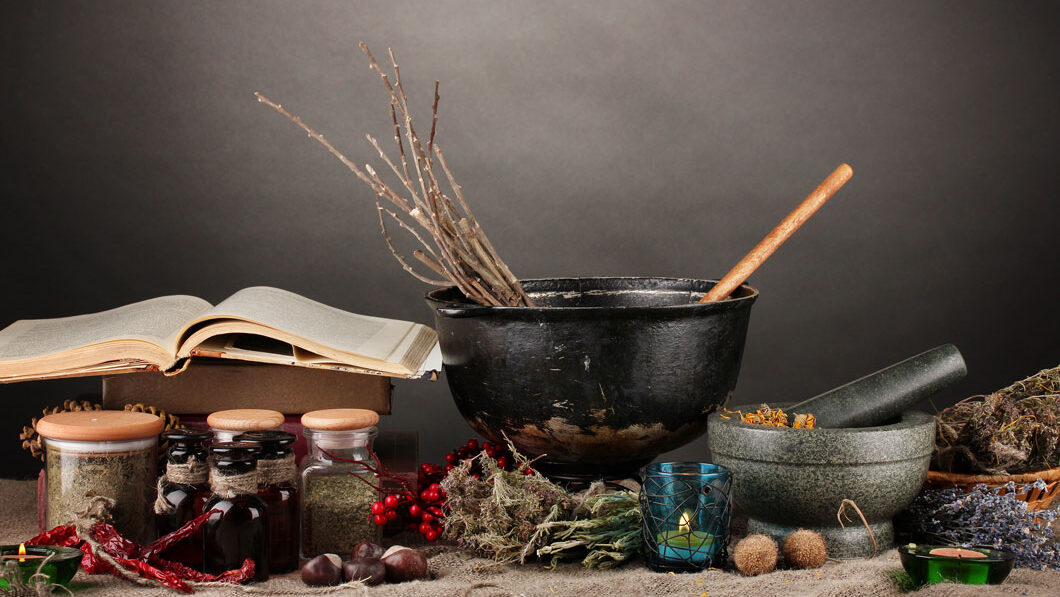
We love fall for a lot of reasons, but one of our favorite things about this time of year is that things just start to feel a little spooky. As the air gets chilly and the days grow shorter, we can't help but think about what things may go bump in the night. Of course, the haunted height of the season, Halloween, is just a few short days away at the time of this posting. To celebrate, we thought it might be fun to look back at some of the more obscure (and occasionally occult) uses for spices and herbs. Check out the history of some spooky spices below!
Mythology
A lot of spices and herbs have ties to mythology, where they were believed to have supernatural origins or grant special abilities. Some of our favorites are:
- Basil: Anicent Romans believed basil could help protect one from the basilisk, a legendary lizard that was said to be able to turn someone to stone just by looking at them. In a more bizarre connection, some medieval Europeans also believed that basil was dangerous, and that just the smell of it could spontaneously cause scorpions to grow inside one's brain.
- Parsley: In Greek mythology, parsley is associated with Archemorous, a child who was killed by a dragon, and became a harbinger of death. It is said parsley sprang up from his blood. Furthering the association with death, parsley is also associated with Persephone, the queen of the underworld.
- Bay Leaves: In Greek mythology, bay leaves are linked to the unrequited love of the god Apollo for Daphne, the daughter of a river god. Daphne became frightened as Apollo pursued her, and her father, Peneus, turned her into a bay laurel tree to save her. Apollo made a crown out of the leaves of the tree, and bay wreaths were often awarded to Greek athletes as a sign of victory.
- Fennel: Fennel plays a very important part in Greek mythology, as Prometheus used the stalk of a fennel plant to carry the fire he stole from Mount Olympus down to Earth as a gift to humanity.
Mummification and Embalming
Most of us are probably familiar with the ancient Egyptian practice of mummification. Upon death, the bodies of pharaohs and other Egyptian nobility would undergo an extensive process that was meant to prepare them for their journey to the afterlife. Vital organs were removed and preserved separately in jars, while the body underwent a series of treatments meant to preserve it. Bodies were treated using oils scented with flowers and herbs including peppermint, lavender, and rose. After the organs were removed, bodies were usually stuffed with various plants to help them maintain a more life-like appearance, but spices such as cinnamon were also used to further improve the aroma.
Warding Off Evil
Many spices and herbs are still used in different traditions around the world where they are believed to have the power to bring the user good fortune or help ward off evil. Here are just a few examples:
- Sage: This may be one of the most widely-known spiritual uses for an herb. It is widely believed that burning sage can help cleanse a place of negative spirits or energy.
- Rosemary: Another cleansing herb, similarly to sage, rosemary can be burned to help purify a space. It is also believed that keeping a sachet of rosemary under your pillow can ward off nightmares and bring you sweet dreams.
- Chili Peppers: In many parts of the world, including India and Italy, whole chili peppers are believed to have the ability to keep negative energy at bay and/or bring luck into your home. Chili pepper powder can also be sprinkled around doors and windows to keep evil out.
- Black Pepper: Much like chilis, it is believed black pepper is a potent protector against negative forces. A little spread around entryways can give you some peace of mind!



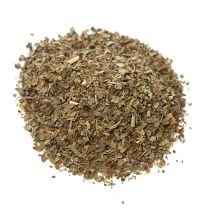
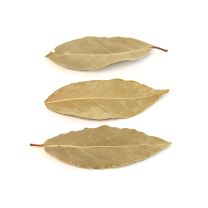
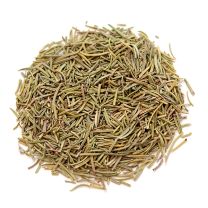
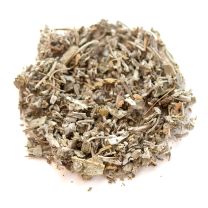
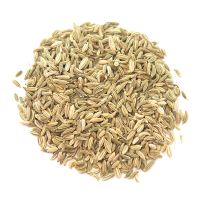
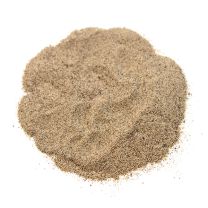
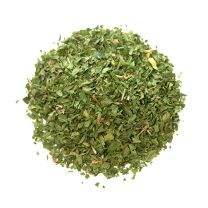





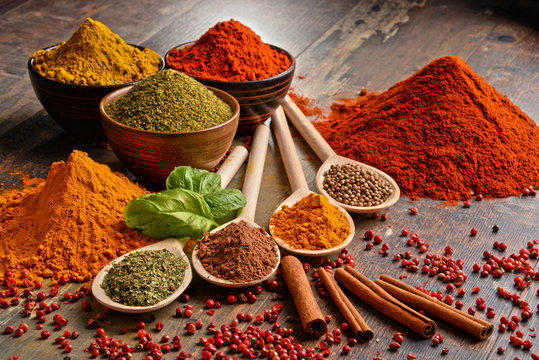
Share your thoughts, leave a comment